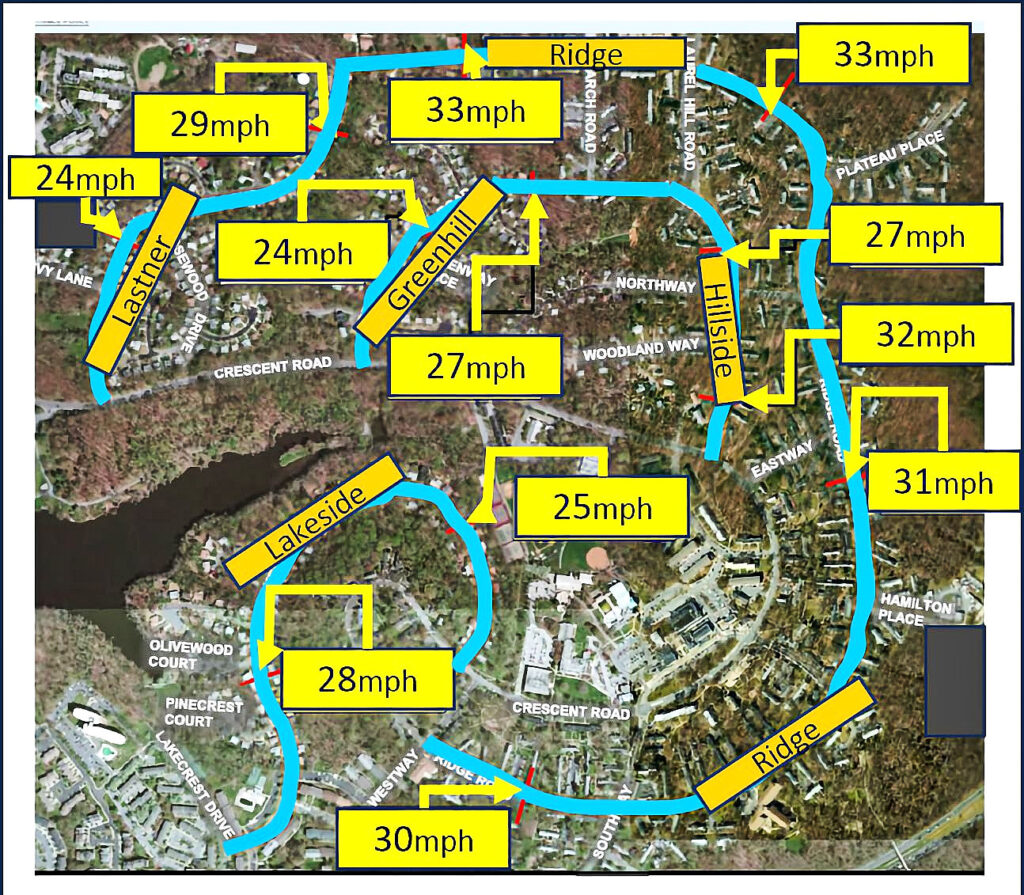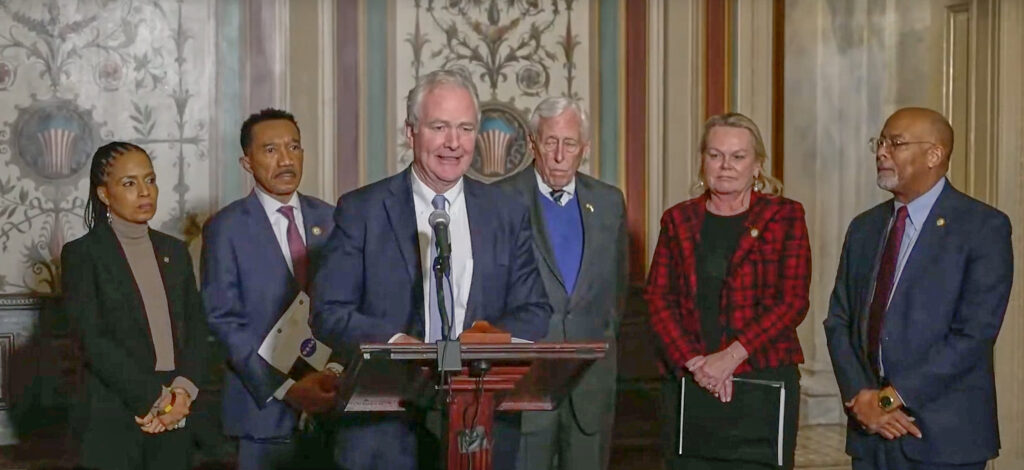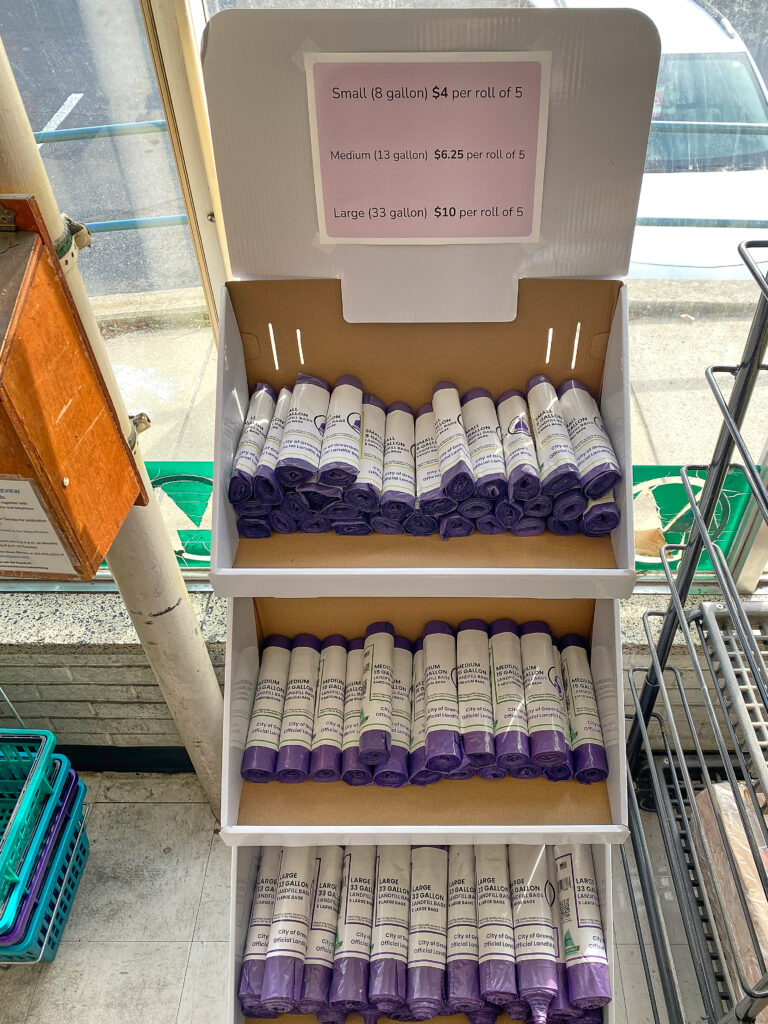On Monday, November 21, the Greenbelt City Council heard updates on what has been happening (or not) with the proposed maglev train. The city had previously submitted comments on the draft environmental impact statement (DEIS) for the Washington to Baltimore portion of the project. Then in late August 2021, the Federal Railroad Administration (FRA), which is overseeing the environmental review, paused the project. But, more recently, there has been evidence that some review is occurring. Council then moved into a closed meeting to obtain legal advice regarding maglev.
Special Meeting
But first, council held a special meeting necessitated by changes in the Department of Housing and Urban Development’s (HUD) SAM (system for award management). Despite Green Ridge House (GRH) having received HUD funding since 1979, the department was now demanding evidence that GRH is a city entity. So, council suspended its rules to pass a resolution declaring that GRH is indeed a city entity. Without this resolution, the city’s funding from HUD could be endangered, according to Interim City Manager Timothy George. Suspension of the rules was needed to provide time to accommodate any potential problems by the HUD deadline. The resolution passed unanimously as did suspension of the rules.
Maglev
The city has received no official reports of maglev-related action. Andrea Gelatt, of Jill Grant and Associates, the city’s law firm handling maglev-related issues, reported that a condemnation trial involving land needed for the Baltimore terminus of the system, which had been expected to start soon, had been postponed by order of the court. No revised trial date was available.
Jill Grant reported that the Maryland Court of Special Appeals had determined that Baltimore-Washington Rapid Rail (BWRR) had a railroad franchise and, as such, has a right to exercise eminent domain. Grant has not yet researched what would be involved in doing so, as BWRR has not yet proposed to exercise that right against any Greenbelt land. She opined, however, that BWRR would likely have to demonstrate that any taking would be in the public interest. She said that the company would need permission from Baltimore.
Unknowns
There are several unknowns regarding maglev. The city will has a new congressional representative, Glenn Ivey, and new governor, Wes Moore, and their views are not yet known, although Moore had indicated that maglev was not a priority for him. Grant noted that the new Transportation law favors certain infrastructure projects, but that there have been so many maglev project problems in other jurisdictions that it is hard to know how the government now views the project.
Dr. Owen Kelley, who referred to himself as an adjunct of the Maryland Coalition for Responsible Transit (MCRT), reported on a colloquium at Goddard Space Flight Center with BWRR. At that meeting, Ian Rainey, a senior vice president of BWRR, expressed confidence that the system will be built and that an environmental statement would be issued. Kelley said that during the symposium Tomoaki Seki, general manager of the Maglev Systems Development Division of the Central Japan Railway Company, described the complexities of the system and that they are seeking to redesign the entire method.
Kelley described his conversation with two colloquium participants, one of whom was excited by the prospect of being able to ride on the system, the other who expressed concern that the system was too complex to be financially viable.
Pat Jackman, current treasurer and one of the founding members of MCRT, said that they are anticipating that a supplemental Environmental Impact Statement (EIS) will be issued soon, replying to the comments submitted regarding the DEIS. Jackman also reported that the Anacostia Watershed Community Advisory Committee had found out that the Maryland Department of the Environment is preparing a Tier II water analysis of Beaver Dam Creek that is being paid for by BWRR.
PR Efforts
Several speakers reported that BWRR and its sister company Northeast Maglev are participating in a number of public events and distributing promotional items plugging the system. Councilmember Ric Gordon noted that they have a strong presence on social media building support by promising jobs.
The Northeast Maglev Facebook page provides several examples including a turkey give-away and an event in South Baltimore where “we raced mini-Maglevs and taught about superconductivity using liquid nitrogen.”
After about an hour of discussion, council went into closed session to discuss maglev-related legal issues with its attorneys.



